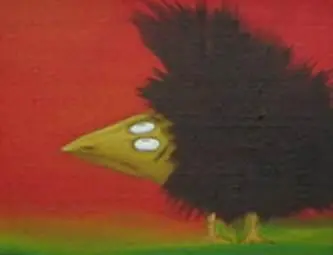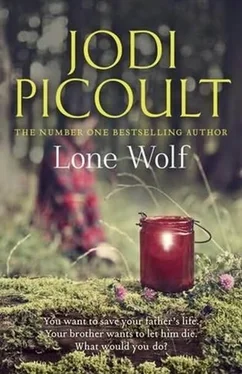It was just as my father had said: the wolves knew when it was time to stop looking for what they’d lost, to focus instead on what was yet to come.
There is no grief among wolves. Nature has a wonderful way of making you face reality. You can sit and weep if you want, but you are likely to be killed while you’re lost in your mourning, because you let your guard down.
I have seen wolves step over a pack member who dies in a hunt, and continue without looking backward. I have heard wolves call for four or five days after a member of the pack goes missing, hoping to bring her back. Death is an event. It happens, and you move on.
If an alpha is killed, the knowledge of the pack goes with it. The entire pack can crumble in a few days’ time if no one steps up from the ranks or is recruited to fill the void. What follows, in that case, is anarchy. The family will disperse, be killed, or starve to death.
Whether you survive a grave injury usually depends on how valuable you are. If it’s going to take too much time and energy for the pack to save you and nurse you back to health, you’ll make the decision to refuse their help, to let go. Death isn’t an individual choice. It all comes back to what the family needs.
Which is why, when you’re a wolf, you live each day like it’s the only one you have.
For the strength of the Pack
is the Wolf, and the strength
of the Wolf is the Pack.
– Rudyard Kipling
A nineteen-year-old shouldn’t have a bucket list, but I did. I’d been keeping it because there isn’t a lot else to do when you’re hooked up to dialysis three times a week. My bucket list, though, had become a to-do list. In the eight months since my kidney transplant, I’d visited Cairo. I’d learned how to snowboard. I’d gone target shooting.
My parents were not thrilled with my new adventurous side. They were, ironically, afraid that I’d have an accident and they’d lose me, even though the years I spent in near renal failure were far more likely to have been fatal. The way I saw it, if you were given a second lease on life, what was the point of playing it safe?
Even I had to admit, though, that I might have gotten in too deep this time. I didn’t know where I was-although that was the point of orienteering. But aside from the fact that I knew the sun was behind me and the lodge was somewhere to the east, I was completely off track. I could have walked to Saskatchewan by now, for all I knew.
It wasn’t particularly cold out, but who knew how chilly it got at night up here, and daylight was fading fast. I didn’t have a GPS, just a compass and a topographical map, which looked like fingerprint ridges and was about as helpful. No one at the lodge would even have known to come after me-they all spoke French, so after breakfast this morning I’d grabbed my day pack and headed out solo into the forest.
I heard a stream running, and bushwhacked my way through the brush to find it. There was no evidence of water nearby on the topographical map, however, which meant I was SOL. I sat down at the water’s edge, turning the map sideways to see if it made a difference, when I suddenly felt like I was being watched.
I turned to find a big gray wolf staring at me.
He was magnificent. His eyes were the color of honey, and his muzzle and whiskers were peppered with gray. When he tilted his head, I could swear he was trying to ask me something.
I had never seen a wolf, and this one was less than six feet away from me.
Here’s the weird thing: I wasn’t in the slightest bit nervous.
Here’s the weirder thing: I was off the grid, but I felt like I’d been here before. Not just in this place, but in this moment.
The wolf stood and started to lope away from the stream. After several steps, he turned back to me and sat. Then he got up and walked a distance, and sat down again.
Finally he stood and slipped into the thicker brush of the forest.
Losing sight of him felt like a punch to the gut. I scrambled to my feet, picked up my pack, and started to follow. I had never wanted anything as much as I wanted to catch up with that animal. About a hundred yards deeper into the woods, the wolf was waiting for me.
I knew, from the sun, that we were headed due west-the opposite direction from where I needed to be. I knew I was dead lost.
And yet.
I couldn’t shake the feeling that I was headed home.
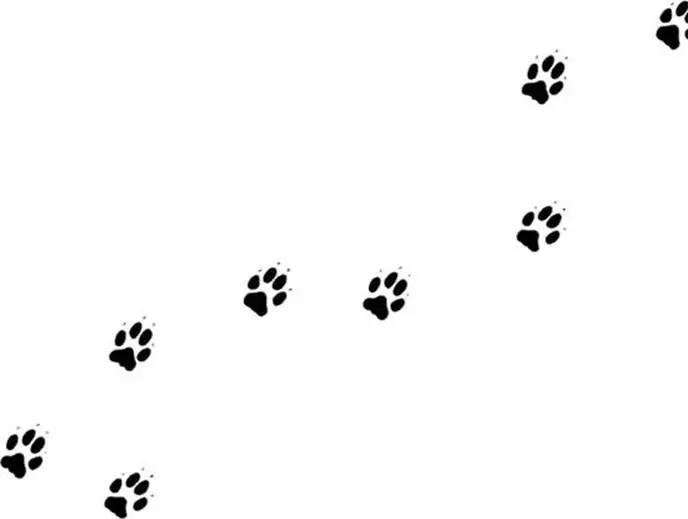
For those who want to learn more about wolves, sponsor wolves, or contribute to The Wolf Centre and Foundation, where Shaun continues to work hard to understand more about wolves and wolf behavior: visit www.thewolfcentre.co.uk. I also highly recommend reading Shaun’s book The Man Who Lives with Wolves if you want to hear from a real-life (thankfully healthy) Luke Warren.
For more information on organ donation, see www.neob.org, www.organdonor.gov, and www.donatelife.net.
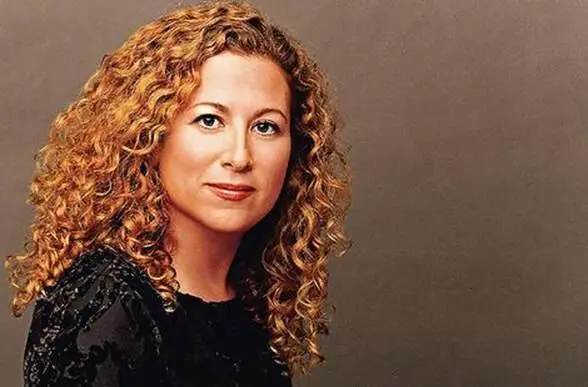
JODI PICOULTis the author of nineteen novels, including the #1 New York Times bestsellers Lone Wolf, Sing You Home, House Rules, Handle with Care, Change of Heart, Nineteen Minutes , and My Sister’s Keeper . She lives in New Hampshire with her husband and three children. Visit her website at www.jodipicoult.com.
***
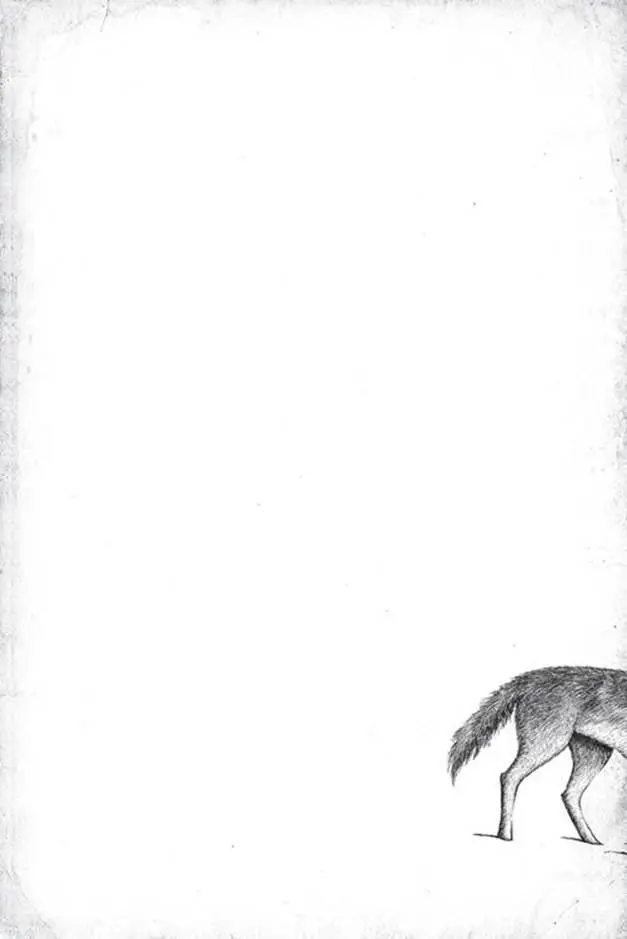
***
